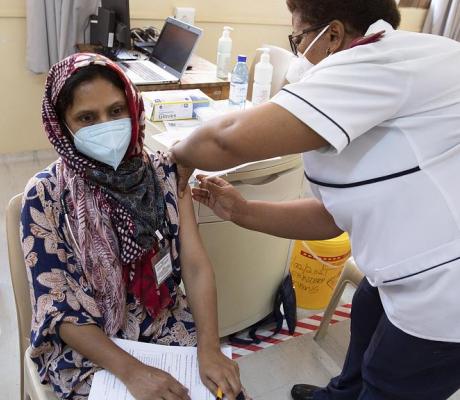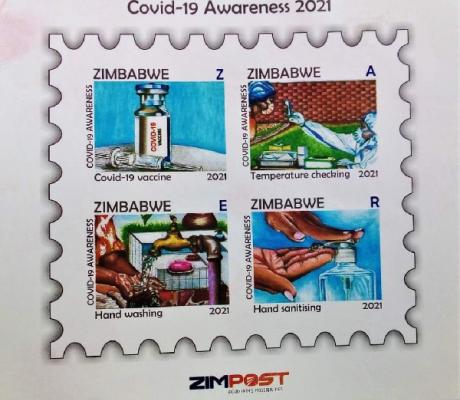The National Institute for Medical Research (NIMR) is currently conducting nine studies to get to the root of the virus that caused Covid-19 within the local context and support the search for a vaccine, it was announced yesterday.
NIMR Director General Prof Yunus Mgaya, made the revelation in Dar es Salaam yesterday during a media briefing on Madagascar's Covid Organics (CVO).
"Immediately after the first coronavirus case was announced in the country, we commenced research on the epidemiology of the disease in which we also scrutinize symptoms peculiar to Tanzania to those noted in patients in other countries," he said.
Prof Mgaya said as directed by the Deputy Minister for Health, Dr Faustine Ndugulile, they will look into other symptoms in addition to the typical ones such as cough, flu, fever, headache and body aches earlier identified by World Health Organisation (WHO).
In a recent study, loss of smell and taste has been anecdotally linked to Covid-19.
He said other research they are running include knowledge, attitude and practices, another one is on HIV positive patients and people with conditions such as hypertension and diabetes to examine to what extent they are affected by coronavirus.
According to Prof Mgaya, another research focuses on mathematical modelling of the disease in which all the nine studies are in various stages.
He said at the institute, they have several experts on traditional medicinal plants that have been able to come up with NimrCaf used in reducing the severity of Coronavirus.
Speaking on CVO, Chief Medical Officer (CMO) Prof Abel Makubi said after receiving the first consignment Tanzanian scientists will conduct research and analysis.
"We have received this consignment to do two things; in the first phase we will conduct research and analysis on efficacy plus safety of CVO per our policies," he said, adding, "The second phase will involve clinical trials in which we will divide patients into three groups, the first will be the one using treatments that alleviate the symptoms, the second group will use both treatments that alleviate the symptoms and CVO and the third group will also use treatments that alleviate the symptoms and Nimrcaf. Thereafter we will establish the efficacy of the available medicines."
Prof Makubi further said the patient will be put under treatment for 21 days; thereafter 28 days of follow ups in which they will be examining the efficacy and side effects. The process is expected to take three to six months.
The CMO further said the government also continues to monitor global research on coronavirus conducted in different countries of the world and they are open to any country that is willing to cooperate with Tanzania on such researches.
"We are currently pursuing an antiviral drug used to treat Ebola - remdesivir, that has shown some positive results in the US and when we are ready then we will do our research to satisfy ourselves as what we are doing now with CVO," he explained.
Prof Makubi urged people not to be overwhelmed by news on research, analysis and clinical trials of several medicines and abandon observing precautions as directed by health experts.
The Chief Government Chemist, Dr Fideli Mafumikom said on traditional medicinal plants, their analysis aims to establish various things such as microbiology analysis of their raw materials as well as to establish good manufacturing process and other things, on chemical investigations they aim to identify pesticides residues.
"We also analyse the presence of heavy metals and chemical composition to identify what it can treat in coronavirus patients. Traditional medicine contains many natural substances that can be toxic so it is important to get advice before using any natural remedy," he said.
Source: allafrica.com







